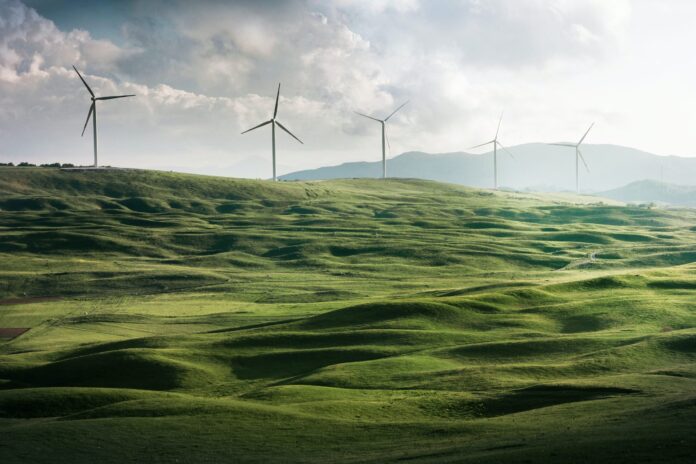
WHAT would a sustainable Limerick by 2050 look like? Could everybody live well while staying within the means of the planet?
These were the questions asked at a conference organised by the Limerick branch of the Green Party in the Absolute Hotel this month.
Peadar Kirby, a retired professor of international politics and public policy at University of Limerick (UL), said it’s hard to predict what Limerick will look like in 2050.
“Depending on how much ice melts, there’s a chance Limerick could be underwater. This raises some questions. What are we dealing with? Can we solve the problems of climate change and biodiversity loss within our current system? Or is our system the problem?” he explained.
Kirby also looked at the past 500 years and showed how colonialism, the Industrial Revolution, globalisation, and mass consumerism have made inequality worse and harmed the natural world. He said that the current system, the free market global economy, has caused the current crisis.
“The Government doesn’t have all the answers, so we should rely on our communities and local resources as much as we can.”
According to Professor Colin Fitzpatrick, the head of the Department of Electronic and Computer Engineering at UL, we have plenty of clean wind energy in the sea near the Shannon Estuary.
It’s local, clean, and will always be available.
“We have 70 gigawatts of this energy, which is more than 10 times what we currently use. This means we’ll have lots of energy for creating new opportunities, like making green hydrogen, sustainable aviation fuels, and running data centers,” he said.
Jennifer Moroney Ward, CEO of the Paul Partnership, told the audience that Limerick needs to prioritise social inclusion and social justice in order to become sustainable.
“To do this, we need to reduce disparities in wealth, income, and status. One way to achieve this is by re-imagining community development and using community centres as hubs for education and training,” Ms Moroney Ward commented.
“We can also fund and develop social and micro-enterprises in the city, specifically in areas like tourism, the circular economy, sustainable construction, food production, local transport, environmental conservation, and caring.”
Ms Moroney Ward went onto emphasise the importance of investing in social solidarity, cohesion, and community wealth building. If we don’t, she warns, society will be supporting a type of politics that threatens our democracy.


